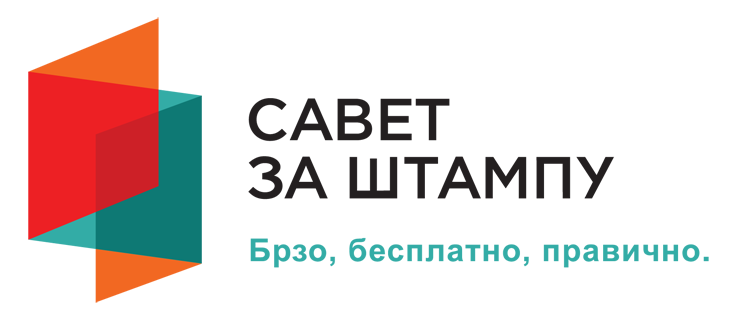"Fake News" exhibition at the First Belgrade High School
The students of three classes of the first grade of the First Belgrade High School participated today in a public class about media literacy. Basic concepts, such as disinformation, fake news, media manipulation, were explained to them through the “Fake News” exhibition set up in the gymnasium hall. The exhibition, organized by the Press Council, opened today, and students will be able to see it until the end of next week.

Jelena Jevremović, professor of the course Language, Media, Culture, explained to the students why it is important to familiarize themselves with the contents of the exhibit, which should help them to more easily distinguish real from fake news and help them to be better informed.
Students talked with Gordana Novaković, the general secretary of the Press Council and Izabela Branković, the director of the Media Association, about how often they encounter disinformation, how it spreads, whether they themselves participate in it, as well as why it is dangerous, how they threaten it and how they can determine if the person who published the news is manipulating them. There was also talk about how young people get information, whether and to what extent the media can be trusted, as well as the status of journalists today.
The exhibition consists of four “totems” in space and students are offered answers to the questions: why fake news is bad even though it is fun, what is disinformation, who most often spreads fake news, what is the role of influencers and celebrities in this.
In September, the exhibition will be presented to high school students in Novi Sad.
The exhibition “Fake News” was prepared by the Press Council as part of the project “Building trust in the media in Southeast Europe and Turkey – phase two”, which was supported by the European Commission and UNESCO.
